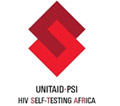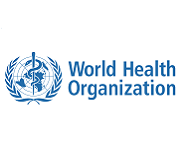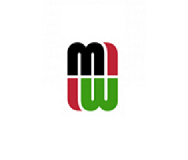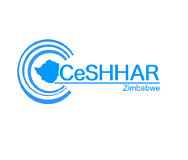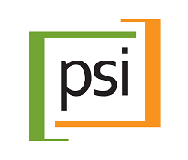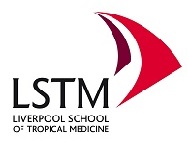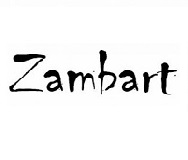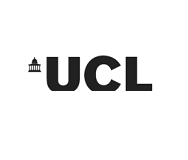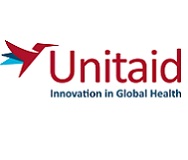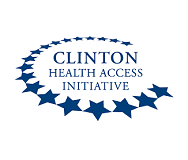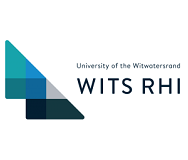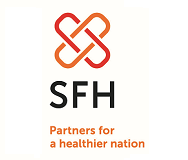2017 News Articles
24th July 2017: Launch of the STAR Initiative at IAS
At the IAS conference in Paris on 24th July 2017, the STAR consortium announced our expansion to South Africa, Lesotho and Swaziland, making the STAR Initiative the largest effort to date to create a thriving market for HIV self-testing in Africa.
“There is an urgent need to accelerate access to HIV self-testing and increase diagnosis among first-time testers who would not otherwise access testing services,” said Unitaid Executive Director Lelio Mamora. “By overcoming HIVST market constraints and increasing the number of people who know their HIV status, STAR has the potential to turn the course of the epidemic.”
21st July 2017: WHO pre-qualifies first HIV self-test
WHO today prequalified the first HIV self-test, OraQuick ® HIV Self-Test (manufactured by OraSure Technologies Inc.), in a move to increase HIV diagnosis and treatment. This marks a significant step in allowing countries to implement WHO guidelines, released in 2016, recommending HIV self-testing as a complementary approach to reach those who remain undiagnosed due to fear of stigma and discrimination.
The third edition of this report summarises the current HIV testing gap, the challenges facing efforts to scale up, and the potential role HIVST could play to achieve the United Nation’s 90-90-90 targets. In particular, the report synthesises the existing and emerging market demand and supply of kits.
The information in this report is intended for manufacturers, donors, national programmes, researchers and other global health stakeholders who are exploring the potential role of HIVST.
27th June 2017: OraSure Technologies to Drive Accelerated Adoption of OraQuick® HIV Self-Test
OraSure Technologies, Inc., a leader in point-of-care diagnostic tests and specimen collection devices, today announced a new agreement with the Bill & Melinda Gates Foundation that will enable OraSure to offer its OraQuick® HIV Self-Test at an affordable price in 50 developing countries with funding from the Gates Foundation. These countries include Malawi, Zambia and Zimbabwe, where the Company has been providing tests for the STAR” project.
“We are pleased to work with the Bill & Melinda Gates Foundation on this important initiative designed to support the rapid scale-up and adoption of the OraQuick® HIV Self-Test in the fight against HIV/AIDS,” said Douglas A. Michels, President and CEO of OraSure Technologies. “We are witnessing the benefits of HIV self testing through the use of our product by PSI under the STAR Project. The support payments provided by the Gates Foundation will help us expand our relationship with PSI and substantially accelerate the adoption of the OraQuick® HIV Self-Test in many more developing countries.”
This article by CE Kennedy, PT Yeh, C Johnson and R Baggaley in HIV This Month 2017 #5 reviews studies evaluating HIV testing services by lay providers using rapid diagnostic tests. Based on evidence supporting using trained lay providers, a WHO expert panel recommended lay providers be allowed to conduct HIV testing services using HIV rapid diagnostic tests. Uptake of this recommendation could expand HIV testing to more people globally.
The week of 27th March will see these three major events taking place in Nairobi. In addition to the information available on this website at the above link, see LSTM’s article on the ‘Going to Scale’ workshop and how the STAR project has informed this week’s roll-out of HIV self-testing guidelines by WHO.
6th March 2017: STAR’s Youth Champion of HIV Prevention
Mr Mwiza Sambo of the Malawi Liverpool-Wellcome Trust (MLW) has successfully applied for a $5,000 grant to become a Youth Champion for HIV prevention among key populations – young Female Sex Workers (FSW) in Malawi.
The aim of this project is to scale up innovative approaches to HIV prevention work for young FSW in urban Blantyre using behavioural, biomedical and structural approaches, which will be linked to HIVST being implemented under STAR in Southern Malawi.
The project has the following objectives:
- To conduct formative research to establish the current HIV prevention needs of young FSW in Malawi;
- To set up youth peer groups among young FSW;
- To monitor Impact of peer groups on HIVST and linkage to care;
- To set up a linkage to care system among young FSW;
- To monitor uptake of HIV testing through HIVST among young FSW.
The grant runs for nine months from February 2017. An update on Mwiza’s work will follow later this year.
2nd March 2017: UNITAID and the Global Fund expert panel approves the first HIV self-testing product
In a significant development to responding the the HIV testing gap, the first HIVST product was approved today by the UNITAID-funded Expediated Review Panel for Diagnostics, hosted by the Global Fund to Fight AIDS, Tuberculosis and Malaria.
Mr Mwiza Sambo from the Malawi-Liverpool Wellcome Trust explains the application of Rapid Ethnographic Assessments to ensure the design of an effective peer-led HIV self-testing delivery model among female sex workers in Malawi.

